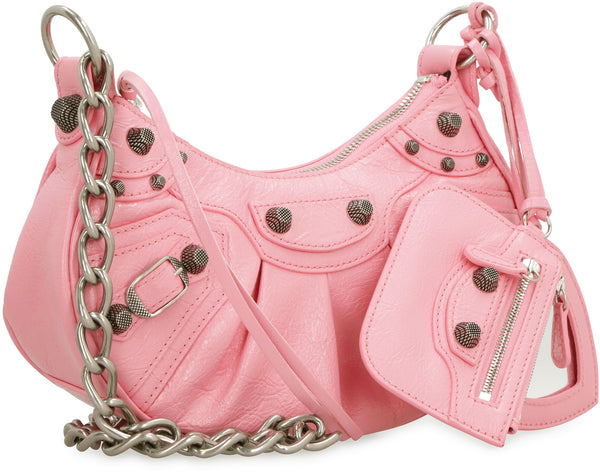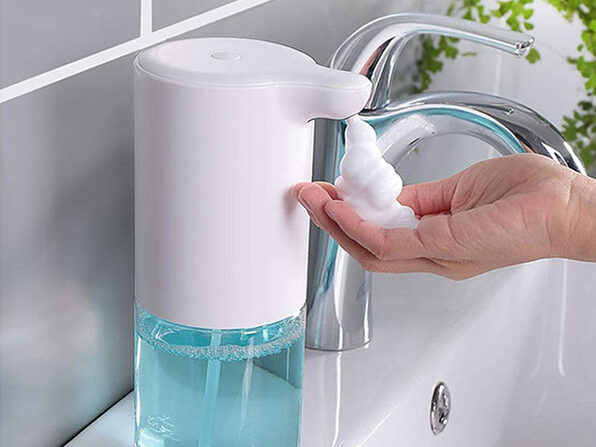When it comes to feminine hygiene, a less-is-more approach is best. Your body is designed to take care of itself, and that includes good vaginal bacteria to keep everything in balance. If bad bacteria take over, however, you may develop an infection known as bacterial vaginosis, which can cause unusual discharge, an unpleasant odor, itching, and irritation. This helpful information can help explain some of the causes of this common condition and how to prevent it.

The Root of the Problem
Even if you use the best organic pads or tampons, you can still get bacterial vaginosis. Developing this condition has more to do with behavior, which means you may avoid it by practicing healthy habits. For example, you are more likely to get a bacterial infection if you are pregnant, have multiple sexual partners or engage in unprotected sex. Not using condoms, even when you have another form of birth control, such as an IUD, can leave you at risk for getting vaginosis or a sexually transmitted disease.
Another habit that can lead to infection is using douches. This practice can disrupt the natural flora that keeps your vagina clean. While you may think douches, feminine sprays, or other hygiene products are necessary, they tend to cause more problems than they eliminate.
Not an Issue
You may be curious about the difference of cardboard vs. plastic tampon applicators and their effect on bacterial vaginosis. Rest assured that no matter what kind of hygiene product you use during your period, none can increase the chance of infection on its own. What can lead to infection, however, is not changing your tampon or pad often enough. Leaving a tampon in for too long can put you at risk for toxic shock syndrome as well, so be sure to follow the product recommendations for your own safety and health.
Prevention Is Key
An ounce of prevention is worth, well, a prescription of antibiotics if you aren’t too careful. Rather than needing treatment, you can practice these habits to promote a healthy vagina:
- Change your tampons and pads regularly during your period. By using the best leak proof organic tampons, you can eliminate irritation caused by harsh chemicals.
- Do not use scented feminine hygiene products or perfumes. Those artificial fragrances can be another source of irritation that may lead to a vaginal infection.
- Practice safe sexual behaviors, such as using condoms and limiting the number of sexual partners you have. This is not a moral issue, but rather a hygienic one.
- Give up douches for good and use a mild soap or just water to clean the exterior of your genital area.
- Always wipe from front to back to avoid introducing fecal bacteria into your vagina.
- Change out of damp bathing suits or exercise clothes. That added moisture may encourage bacterial growth.
- Consider taking a probiotic supplement if you are prone to bacterial vaginosis to restore homeostasis. Probiotics are also good for digestion and may reduce risk of yeast infections, another source of discomfort for many women, although more research may be needed to substantiate this benefit.
If you take your feminine hygiene seriously and incorporate these measures, you may be able to avoid the discomfort that is bacterial vaginosis. Be sure to seek medical attention if you are concerned or experience symptoms.












